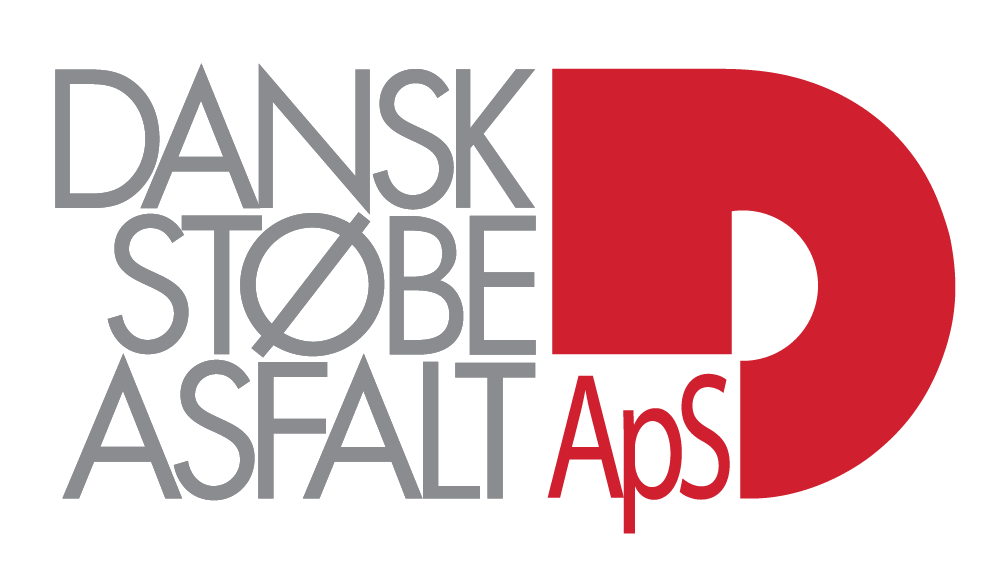To properly manage workplace conflicts, you need to consider other points of view and understand what is so compelling in these positions compared to your own. Our research shows that there are several ways to facilitate an agreement in this situation. Surprisingly often, the parties can simply agree on how they will interact or approach problems in the future. They leave the past behind and accept that past practice has not worked for one or the other or both, and move forward together. However, this can be difficult. Sometimes you`re willing to commit to a future deal like this, but don`t trust the other person to follow it. In cases where uncertainty is an issue, you can try one of these types of agreements: although it is common for individuals to act emotionally and subjectively, you should always strive to be as objective as possible in the workplace. Try to focus on a colleague`s behavior instead of focusing on aspects of their personality. Asking questions to understand your colleague`s point of view is appropriate. Throwing an endless stream of questions to make them stumble, confuse the problem, make them appear stupid or misinformed is not. It is also offensive and childish. Employers are increasingly prioritizing candidates with emotional intelligence, as employees with strong soft skills and interpersonal skills are more likely to work well in a team. It`s wise to remember the following emotionally intelligent habits when answering conflicting interview questions: What if your colleagues expect you to step in as a boss? Your first step is to recognize your authority, but explain the mediation process you have in mind.
You could tell your colleagues that even if you have the power to impose an outcome on them, you hope that together you can find a solution that works for everyone. You could also tell them that if there are three of you together, they should devote their energy to reaching an agreement instead of trying to convince you which of their views should prevail. In fact, healthy disagreement is one of the hallmarks of a successful team. If constructive discussions and disagreements are lacking and apathy is the norm, you have a dysfunctional team or meeting. The malfunction doesn`t get you anywhere. In every relationship, whether personal or professional, there will always be disagreements. You will never find an environment where people always agree and understand each other. This is fantasy, not reality. Just as you started the discussion by determining what you and your colleague agree on, focus your discussion on common interests and desired outcomes. If your colleague thinks you`re both going in the same direction or have a common outcome in mind, the disagreement over how to get there is less scary and controversial. Raise the issue as soon as you learn that there is a disagreement.
Give employees the opportunity and a safe environment to express their problems to avoid leaks of temperament and resentment, advises the Business Credit Solutions website. This skill is divided into four categories: self-awareness, self-management, social awareness, and relationship management. The first pillar, self-confidence, helps build understanding and trust and provides the foundation for strong relationships. Then, self-management teaches you to control your emotions at work. This then strengthens social awareness by learning to recognize the emotions of others and develop empathy for your employees` situation. Finally, relationship management will be how you inspire and develop others to build their own emotional intelligence. If you first sit down separately with them, focus the discussion not on how to resolve the conflict, but on understanding the disagreement and believing that you are willing to listen and understand their concerns. The key to conflict and disagreement is only after all the speeches; All players must support and own the decisions made. It is detrimental to your business when employees pull in different directions, question decisions, and send conflicting messages to their colleagues and customers. It is important to celebrate diversity in the workplace. Most companies today have a multicultural workforce made up of people with different religions, political affiliations, and beliefs, so an employee who accepts and tries to learn more about the differences in the background is much more likely to be a great team member. To effectively disagree, you must be able to look at the situation from your colleague`s functional point of view.
.

Recent Comments